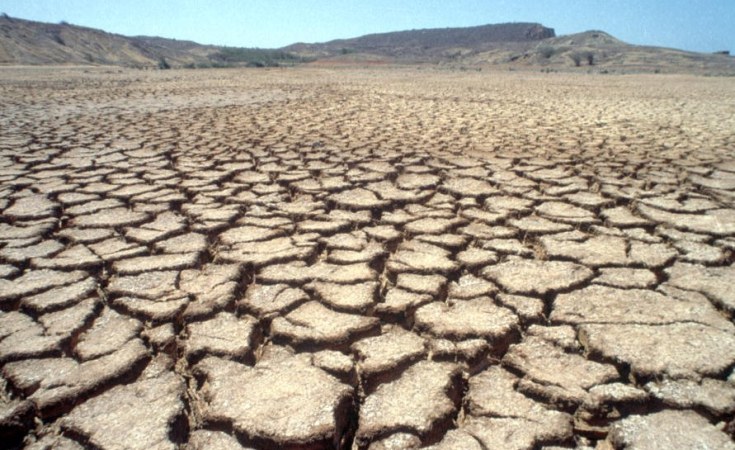Harare — As Italy, Greece, Spain are bracing for a second heat wave in a week, Morocco and other Mediterranean nations have been caught in a crossfire, according to t he World Meteorological Organization (WMO).
Temperature records may be smashed on July 18, according to forecasters, barely a week after the Cerberus heatwave. Reports say, a new anticyclone that pushed into the region from north Africa on July 16 could lift temperatures above the record 48.8C (120F) seen in Sicily in August 2021.
Aside from the Mediterranean, according to WMO, other regions of the world are also experiencing high heat, including the southern U.S., where Arizona's temperatures might hit 120 degrees Fahrenheit. In addition, the heat wave afflicting southern Europe is connected to the one presently ravaging North Africa's Algeria and Morocco.
Extreme weather events, such as heatwaves, floods, and wildfires, are becoming more common and fatal due to the human-caused climate catastrophe.
The world's lowest-income countries are already experiencing disproportionate increases in extreme heat. Although they are the least to blame for climate change, these nations will see a significant increase in the number of at-risk people in the coming decades.
"As the climate crisis goes unchecked, extreme weather events, such as heatwaves and floods, are hitting the most vulnerable people the hardest," said Martin Griffiths, UN Humanitarian Affairs and Emergency Relief Coordinator in October 2022.
Climate events, which destroy crops and disrupt food transport, are already disproportionately common on the continent, according to the International Monetary Fund (IMF). One-third of the world's droughts occur in sub-Saharan Africa, and Ethiopia and Kenya are enduring one of the worst in at least four decades.
Food supplies and prices are especially vulnerable to climate change in sub-Saharan Africa because of a lack of resilience to climatic events, food import dependence, and excessive government intervention. According to the International Monetary Fund, financing, capacity development, and transfer of technology and know-how will be key. With mounting debt and limits to raising taxes, countries in sub-Saharan Africa will need grants and concessional finance. Development partners can also support resilience-building research and can propagate climate and financial literacy.
Many African countries are anticipating the annual Conference of Parties (COP) of the United Nations Framework Convention on Climate Change, which will take place in Dubai, United Arab Emirates in November 2023, as an opportunity to advance their climate agendas and promote more aggressive global climate action. There are multiple, feasible and effective options to reduce greenhouse gas emissions and adapt to human-caused climate change, and they are available now, scientists have said in the latest Intergovernmental Panel on Climate Change (IPCC) report.
Africa has long faced the unrelenting and increasingly dire consequences of the global climate emergency but scientists have once again called for global and coordinated action if we are to avoid the very worst impacts of the climate emergency.


